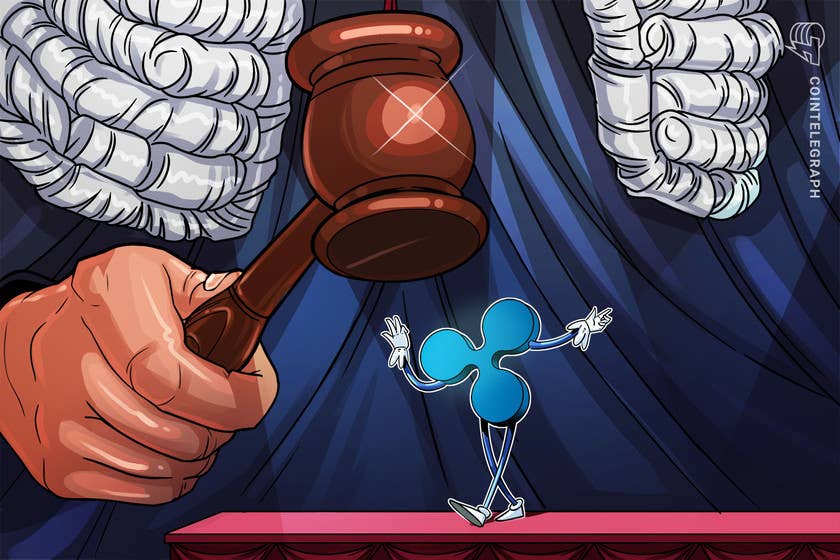There was another twist in the ongoing battle between distributed ledger technology company Ripple and the US Securities and Exchange Commission (SEC).
On Monday, October 4, US District Judge Annalisa Torres ruled that individuals who hold the company’s XRP token cannot act in Ripple’s ongoing lawsuit as defendants.
The decision comes after a number of XRP token holders sought to file “friends of the court” summaries that would allow them to join the case as defendants and support Ripple in its claims that the token does not violate securities laws.
Judge Torres asserted that allowing XRP holders to join the lawsuit “would compel the SEC to take enforcement action against them,” according to Law360. It added that this would also delay the issue that Ripple and token holders have been urging for a quick resolution.
However, the judge decided that token holders could participate as “amicus curiae” – a party not involved in the lawsuit but allowed by the court to provide advice or provide information. Torres said:
“The Court concluded that Siddiq’s status strikes the appropriate balance between allowing transferees to assert their interest in this case and allowing the parties to remain in control of the litigation.”
Ripple attorney Andrew Cerisny said they are pleased with the outcome for XRP holders who can now “share their meaningful views with the court.”
In an intervention proposal submitted in March, XRP holders claimed that they would lose billions if the regulator wins the case. He also questioned the Securities and Exchange Commission’s alleged motives to protect investors.
The filing said, “Owing to protect investors, the SEC is seeking $1.3 billion in alleged illicit gains from the aforementioned defendants, but by claiming that XRP today may constitute unregistered securities, the SEC has caused losses.” Over $15 billion for XRP holders. .
Related: Buyers return XRP to Ripple, arguing that it is not a security
In a September blog post, Deaton wrote that it was unfair for Ethereum to have a regulatory “free pass” for an initial coin offering (ICO) while sanctioning Ripple. XRP trading is heavily controlled by the San Francisco-based company that still holds about 55% of the supply in escrow.
In an interview on October 4, Ethereum co-founder Joseph Lubin responded, biasing the regulator in saying that it has legitimate claims against Ripple:
“[The SEC] She may have legitimate arguments in the issues being discussed now. I don’t think the SEC is trying to squash innovation.”





